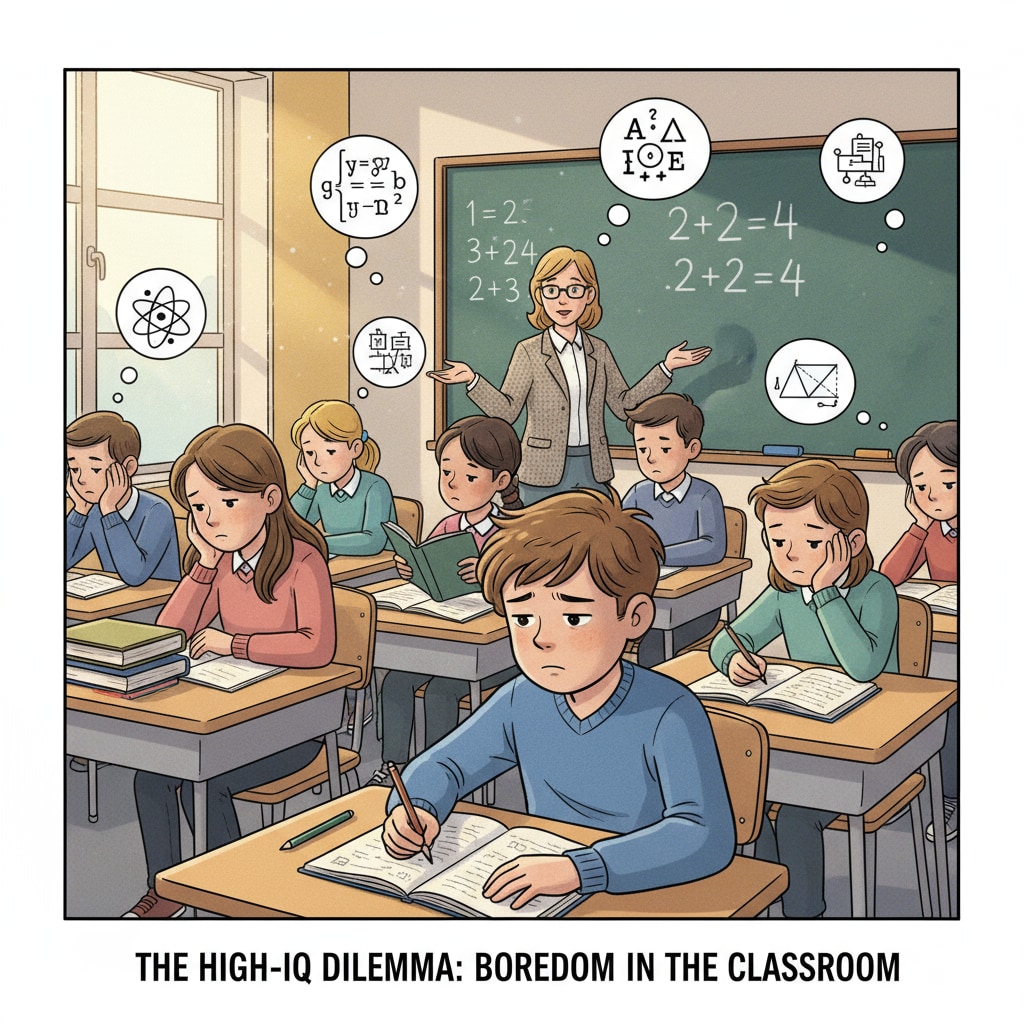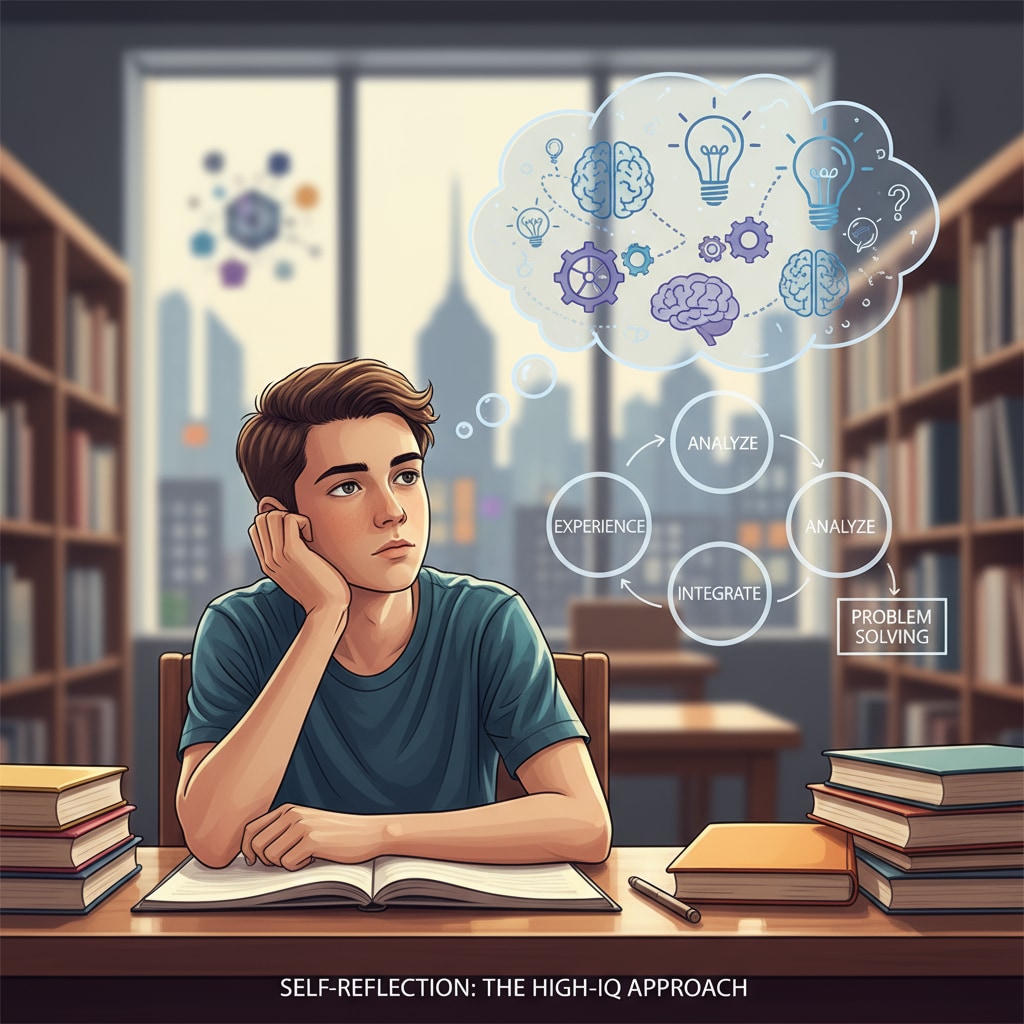Educational dilemmas, self-reflection, and life transitions are often intertwined for high-IQ individuals navigating the traditional education system. In this article, we will explore the experiences of these students, their uphill battles, and the paths they take towards self-discovery and growth.

The Educational Quagmire
Standardized education systems, while aiming to provide a universal learning experience, often fall short in meeting the needs of high-IQ students. These students frequently find the curriculum too simplistic, lacking the depth and complexity they crave. As a result, they may become disengaged, leading to underperformance. For example, many gifted students report feeling unchallenged in the classroom, which can cause them to lose interest in learning. Educating Gifted Students on Education.com

The Process of Self-Reflection
Amidst these educational setbacks, self-reflection becomes a crucial tool for high-IQ students. They start to question the existing educational framework and their place within it. This introspection can lead to a realization of their unique learning needs and goals. Some students, like a former dropout we’ll discuss later, use self-reflection to understand why they were struggling and what they needed to do differently. Self-Reflection on Psychology Today
One such student, who we’ll call Alex, dropped out of school due to the lack of intellectual stimulation. However, during his time away from formal education, he engaged in deep self-reflection. He realized that his love for learning had been stifled by the traditional system, and he was determined to find a way to reignite it.
The Road to Life Transitions
Armed with self-awareness, high-IQ students embark on a journey of life transitions. They seek alternative educational paths, such as online courses, independent study, or specialized programs. Alex, for instance, started exploring online platforms that offered advanced courses in his areas of interest. This newfound freedom allowed him to learn at his own pace and delve into topics that truly fascinated him.
These life transitions not only benefit their academic growth but also have a profound impact on their overall well-being. By embracing their unique learning styles, high-IQ students can overcome the educational dilemmas they faced and experience a sense of fulfillment and purpose.
Readability guidance: As we’ve seen, high-IQ students encounter various challenges in the traditional education system. Through self-reflection, they can identify these issues and take steps towards positive life transitions. By exploring alternative learning options, they can rewrite their educational narratives and achieve their full potential.


